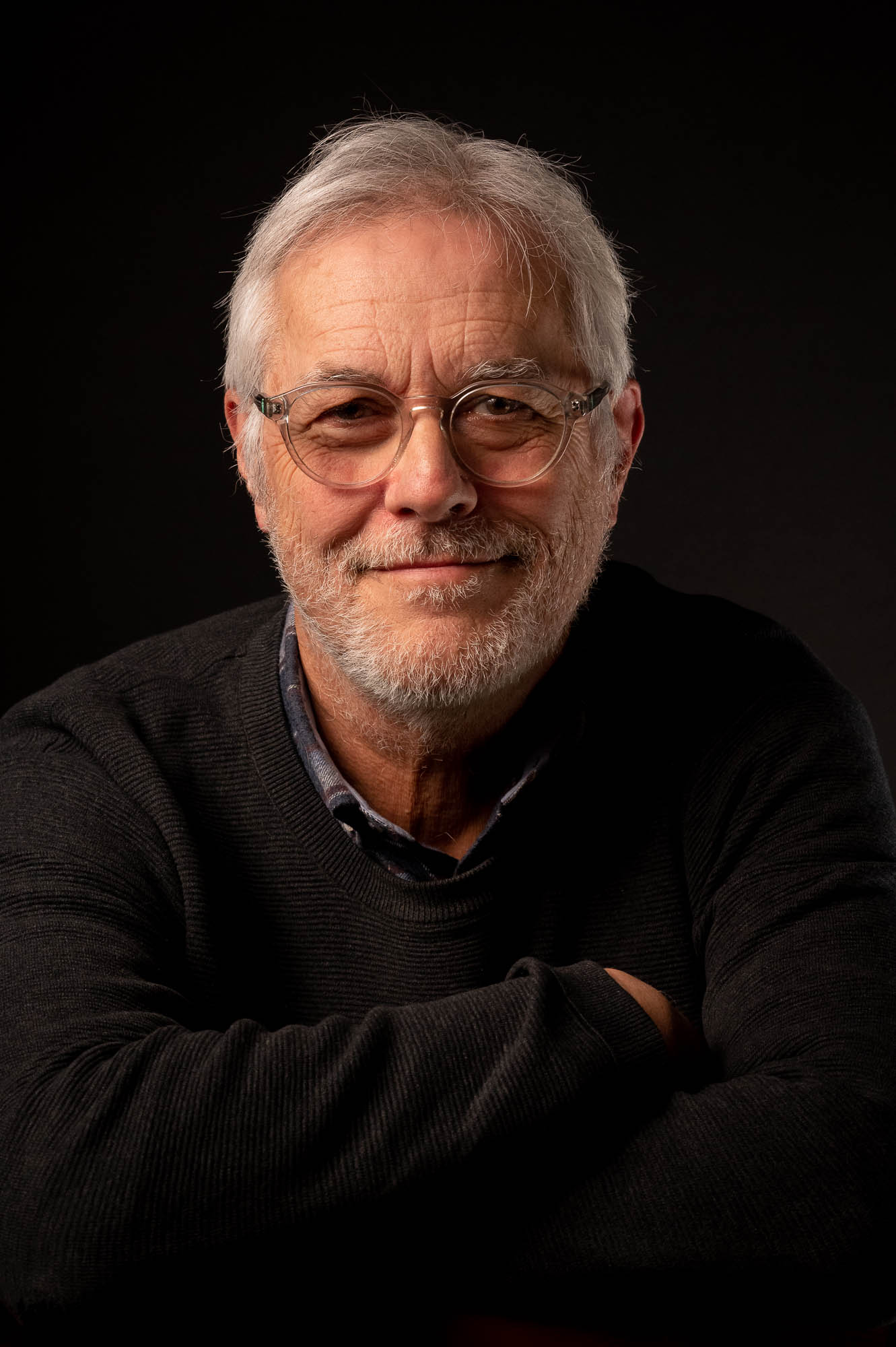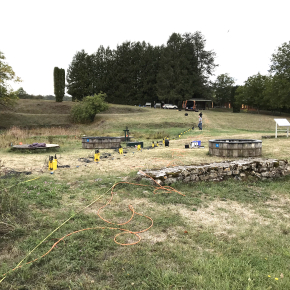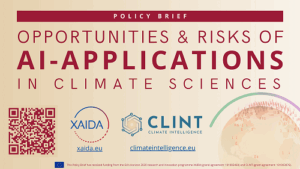Robert Vautard : from IPSL to IPCC
Robert Vautard, currently Director of the French research institute IPSL, has been elected co-chair of the IPCC’s first working group, which assesses the scientific aspects of the climate system and climate change. He will co-chair the group with Chinese professor Xiaoye Zhang, a member of the Chinese Academy of Engineering.
 As a meteorologist and climatologist, Robert Vautard coordinated the development of the CHIMERE air quality simulation model, which is now used in France and Europe to forecast air pollution. Author or co-author of more than 200 international publications, he also coordinated the chapter on hazards associated with regional climate change in the 6th IPCC report.
As a meteorologist and climatologist, Robert Vautard coordinated the development of the CHIMERE air quality simulation model, which is now used in France and Europe to forecast air pollution. Author or co-author of more than 200 international publications, he also coordinated the chapter on hazards associated with regional climate change in the 6th IPCC report.
The election of Robert Vautard as head of the first group of the IPCC highlights the quality of the work of France’s scientific community and recognizes its importance at international level. The IPSL director succeeds Valérie Masson-Delmotte (LSCE-IPSL), a colleague and compatriot.
Robert Vautard’s election comes at a crucial time. The increase in extreme events, including the fires devastating the forests of the Mediterranean basin and in Canada, calls for immediate public and political action to mitigate emissions and adapt societies to climate change. The decade ahead requires decision-makers to make historic choices for humanity and biodiversity.
The need for concrete and sustainable climate solutions calls, more than ever, for interdisciplinarity and integration between working groups. This is a mission that Robert Vautard, with his long experience in scientific coordination, communication and interaction with the various parties, intends to take up immediately.
Working closely with scientists from around the world, Robert Vautard intends to focus the IPCC’s seventh cycle of work on the following areas:
- Update and synthesize in a concise way mature topics and global indices and their evolution;
- Increase integrated regional information (across WGs & TFI), and create mechanisms for it to materialize, by developing an “IPCC regional scientists’ network” beyond authors to better capture relevant scientific regional literature, in particular when written in non-English language, and by strengthening authors inclusivity;
- Develop concrete examples and “storylines” of the effect of climate change in regions and adaptation options that can be developed in such cases.
- Increase information for near-term climate action. Because the effects of climate change are already strongly affecting vulnerable populations, and mitigation efforts are urgently needed;
- Collect and develop emerging topics with high policy relevance, for instance on how science can inform negotiations under the UNFCCC for responding to loss and damage
- Ensure a reasonable workload for authors, in particular in view of the rapid increase of literature;
More
Link to the press release from the French Ministry of Higher Education and Research (French):
https://www.enseignementsup-recherche.gouv.fr/fr/le-scientifique-francais-robert-vautard-est-elu-co-president-du-groupe-de-travail-1-du-giec-92005
Link to the IPCC News page:
https://www.ipcc.ch/news/






